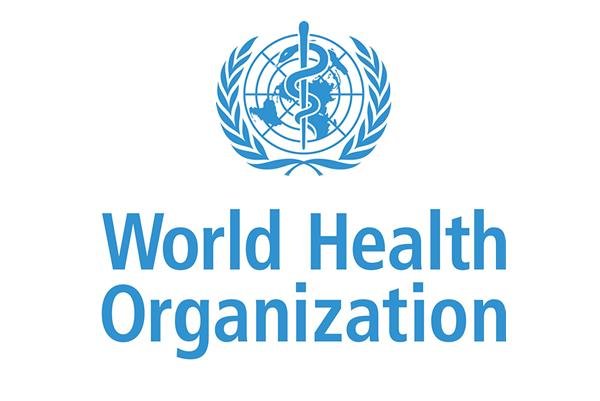Image of the World Health Organization emblem. The WHO warned of 4 medicines made in India after the deaths of 66 in the Gambia on Wednesday. Photo courtesy of World Health Organization.
Oct. 6 (UPI) -- The World Health Organization issued a warning on Wednesday against four cold and cough syrups made in India after 66 children in the African country of Gambia died after consuming them.
The organization released the alert for Promethazine Oral Solution, Kofexmalin Baby Cough Syrup, Makoff Baby Cough Syrup and Magrip N Cold Syrup, all made by Maiden Pharmaceuticals Limited in Haryana, India.
The WHO said Maiden failed to provide safety guarantees and respond to quality issues surrounding the products.
"Laboratory analysis of samples of each of the four products confirms that they contain unacceptable amounts of diethylene glycol and ethylene glycol as contaminants," the WHO said in a statement.
"To date, these four products have been identified in Gambia, but may have been distributed, through informal markets, to other countries or regions."
The WHO said diethylene glycol and ethylene glycol are toxic to humans when consumed and can prove fatal. Toxic effects can include abdominal pain, vomiting, diarrhea, inability to pass urine, headache, altered mental state, and acute kidney injury which may lead to death.
The organization called for those with the products to remove them from circulation and to increase surveillance and diligence within the supply chains of countries and regions likely to be affected by them.
"The products' authenticity and physical condition should be carefully checked," the WHO said. "Seek advice from a healthcare professional when in doubt. If you have these substandard products, please do not use them."
India's apex drug regulatory authority, the Central Drugs Standard Control Organization, has also started a probe into the medicines after it was informed about the issue last month.















